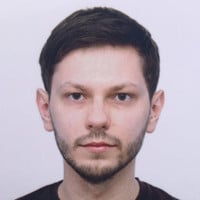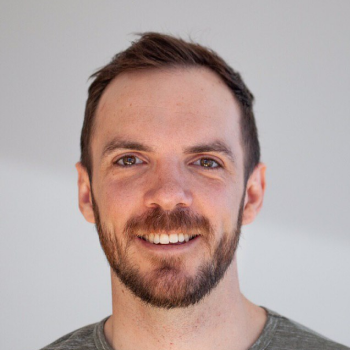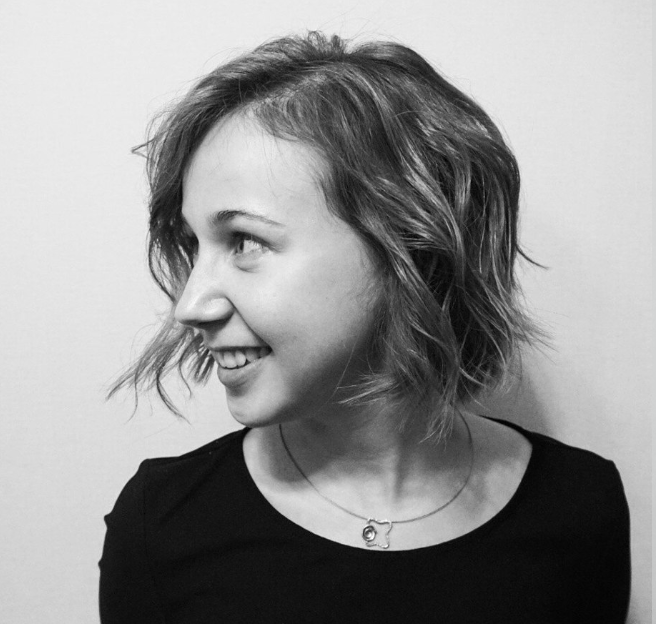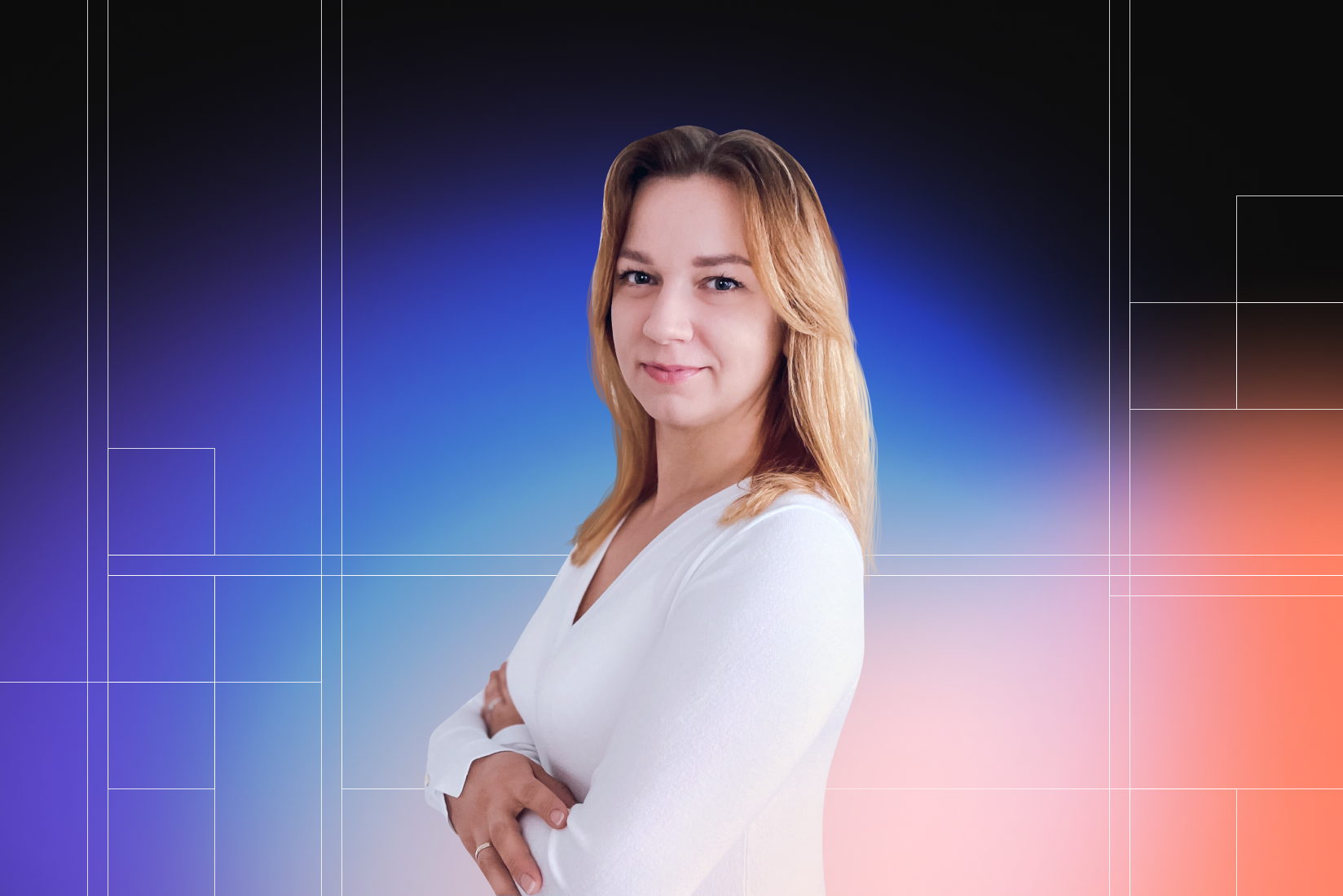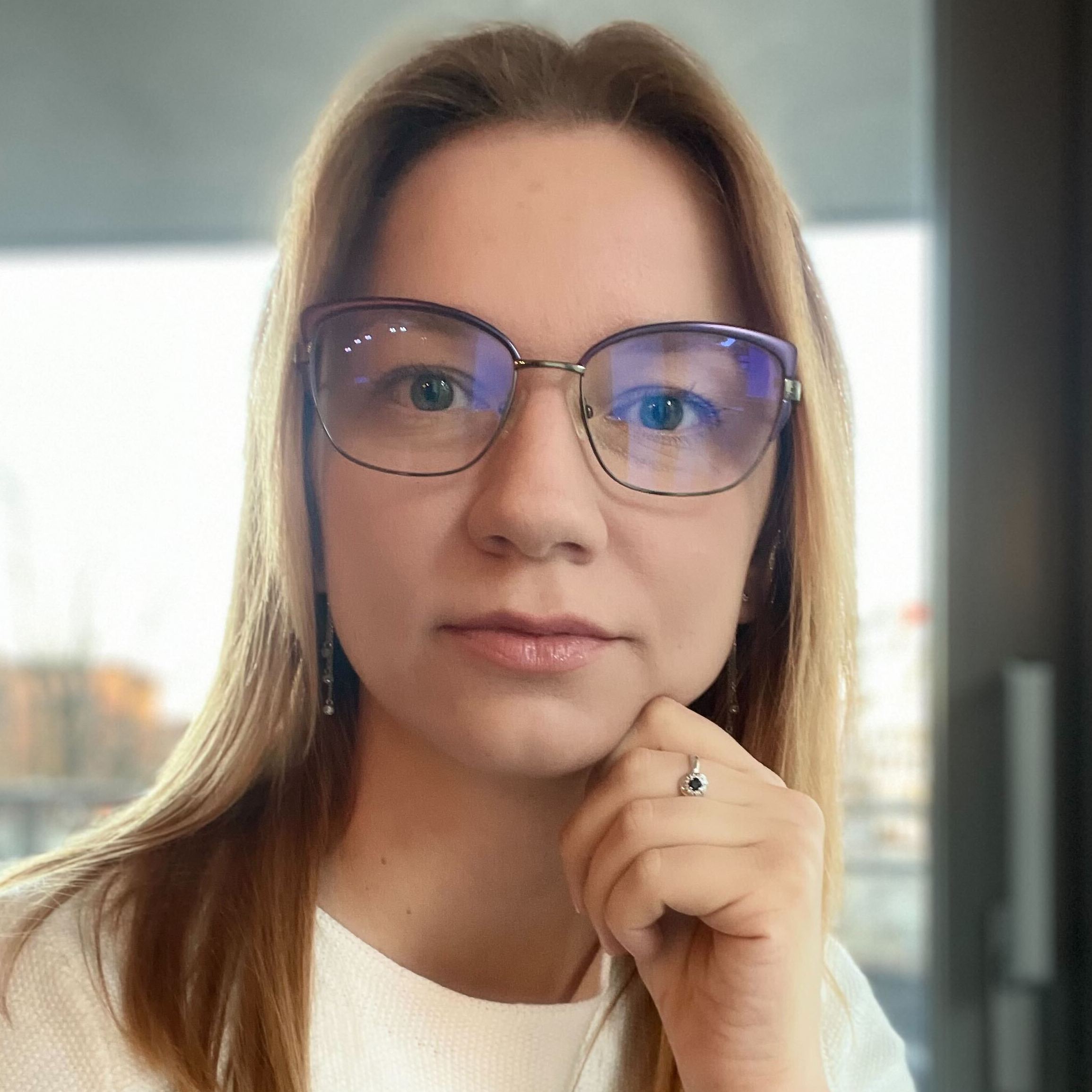How Startup Summer Builds on a Culture of Learning at Paralect
There are many roads one can take towards a career in software development. There are coder groups and programs for just about everyone out there at this point. Coding has even made it into primary school curriculums in places like Estonia. We’ve written before about the strength of the education system here in Belarus when it comes to STEM fields.

Today I’ll share how the Paralect Startup bootcamp program helps turn young graduates into capable coders.
After one week in Startup Summer, I felt like I started a new life. It was an entirely new world from my Computer Science experience at university.
The capability of our product engineering teams hinges on a dynamic mix of senior, middle and junior developers who bring their skills together. Learning is an essential ingredient and fostering a culture of continuous learning is key to both achieving roadmap goals and sustaining a cohesive product team.
A Lean Learning Environment
For 23 current Paralect employees—about a quarter of our current team—that learning experience started during the two month intensive Startup Summer/Winter program. Similar to code boot camps elsewhere, each member of the program is immersed in the world of MVP product development.
Experienced developers from Paralect give lessons on the latest skills and tools. Students immediately add to their theoretical computer science knowledge and quickly learn how to program with JavaScript frameworks.
The courses were designed so that we studied new material and then immediately applied that knowledge to creating the product. There was nothing superfluous. I took several other courses before the Startup Program, but this one stood out.
The goal of the Startup program is to take a product idea from nothing to minimum viable product within two months. It’s a logical shift for students after four years of learning at university.
The university teaches everything within artificial example environments that are divorced from reality
He appreciated that the program applied skills in the imperfect reality of product development. Besides collaborating with their peers to plan and execute the MVP development, each student is paired with a mentor who provides individual and team guidance.
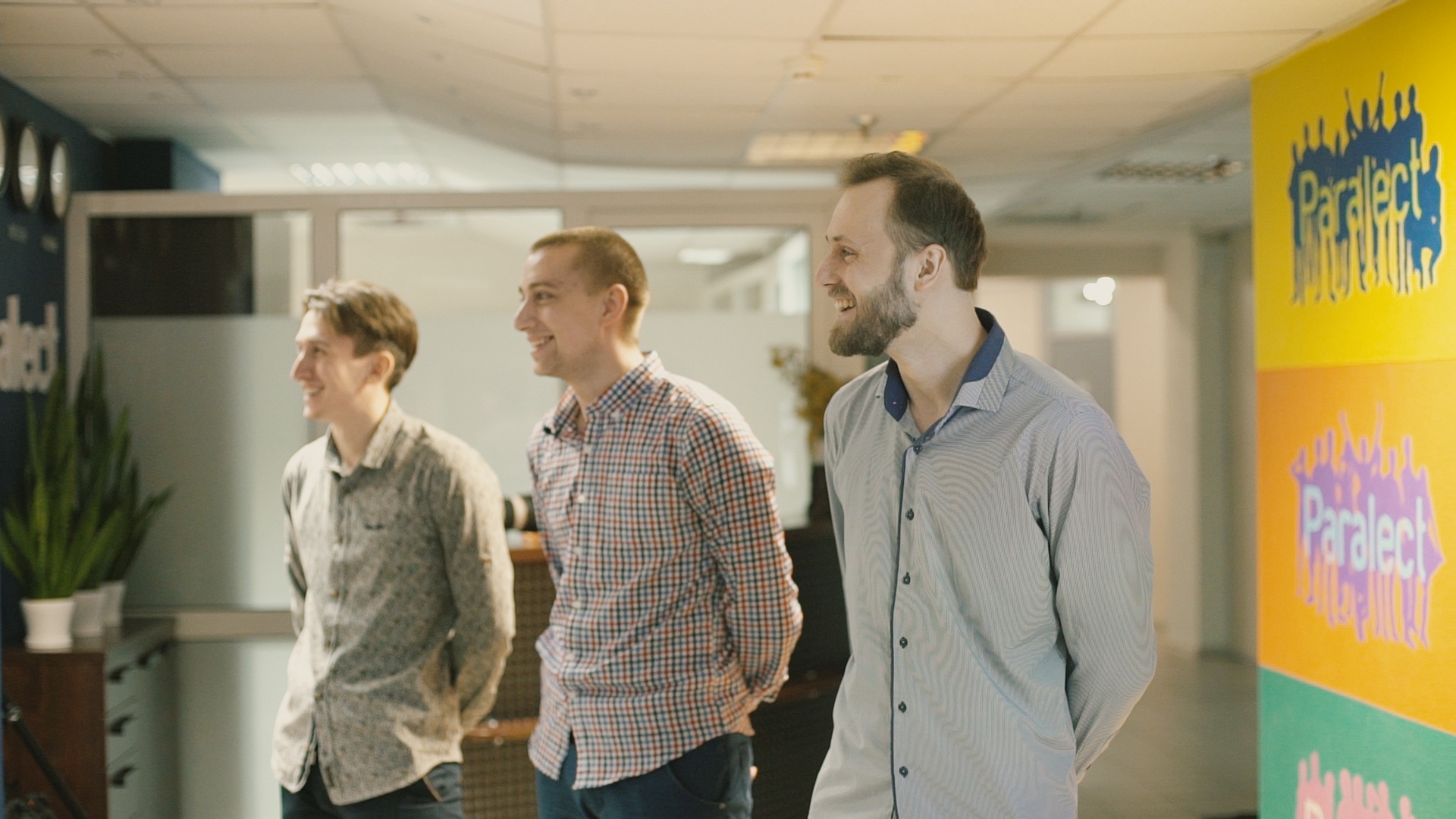
Committed to Team Dynamics
Lead instructor Michael singles out the team environment as the most important aspect of student development within the program.
The recipe for success at Startup summer is a combination of real development experience and the improvement of the many social skills that are essential to working together on product development
Nearly all the students echoed this view. While each one comes into the program at a varying skill level, they learn the most from sharing knowledge and problem-solving on the way to a common goal.
It felt like we were a family, and the project was our family business. I felt courage and a great sense of responsibility because we were working on real projects from scratch. Everyone was supportive because we shared the goal of making the product as good and successful as possible
With guidance from the mentors, the teams outline a roadmap for MVP development and organize development tasks into logical sprints according to Agile methodology. For many, this is the first opportunity to see just how they will be expected to apply their skills as developers within the modern work environment.
The main revelation for me was not the technical aspect at all. I realized the really important thing is not how cool the engineer’s skills are, but how much they are a team. Only through teamwork and mutual support can we truly reach our maximum capabilities as engineers
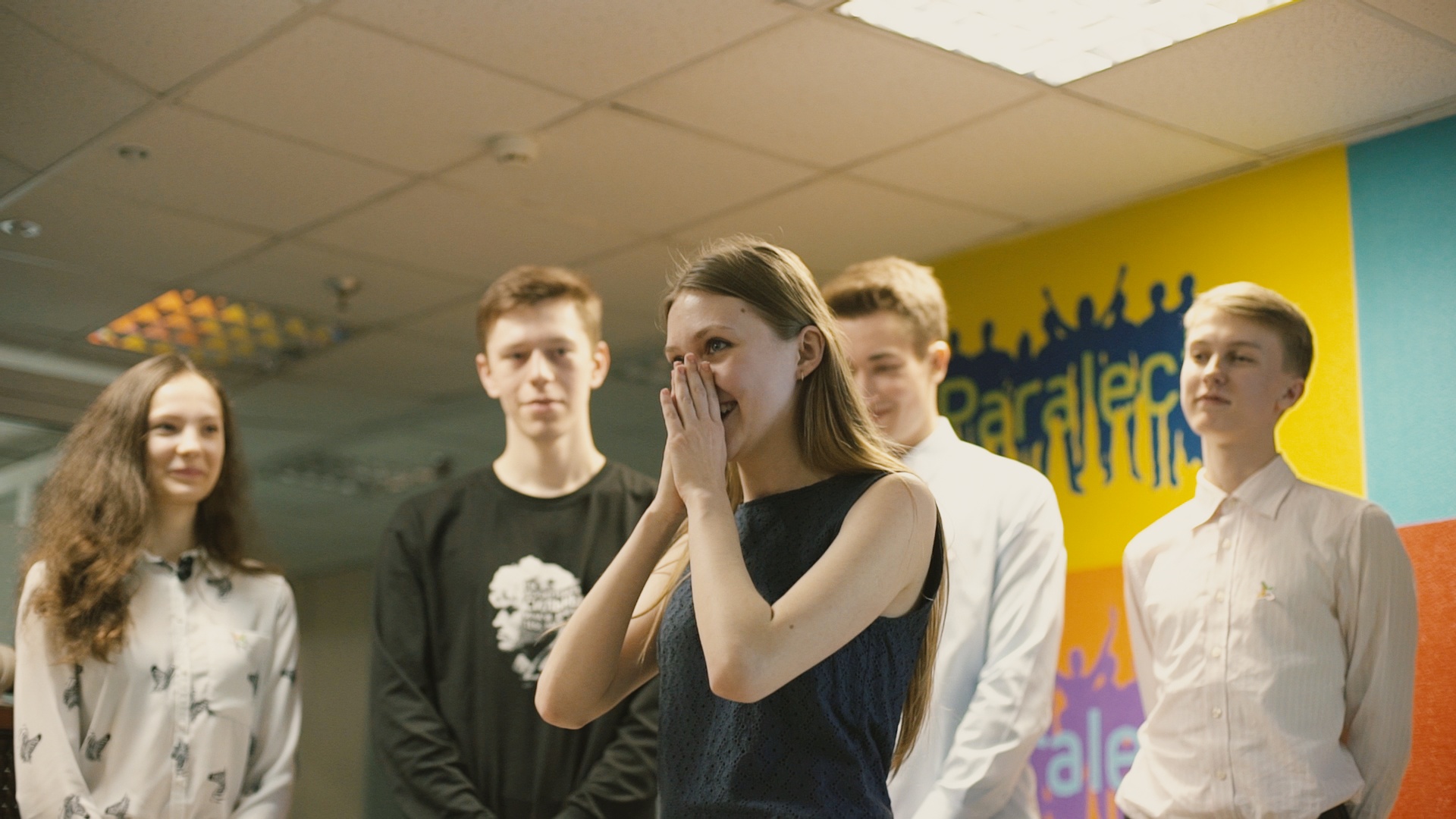
Creating a Shared Future
At every level, the Startup program is a forward-looking endeavor. For the students, it prepares them to join real world development teams. Coding is not the end goal in software engineering, creating solutions as a team is.
As instructors, the experienced engineers at Paralect have a vital task. They mold their students into prospective colleagues and co-workers.
One week in, I knew that it was one of the most effective weeks of my summer holiday. My university gave me a great basis, but it was not enough to start work. After learning more about React + Redux, databases, and Docker, I felt like I was becoming a professional rather than a student.
The 20 lessons during the course are shared out among lead developers here at Paralect. The learning, however, is not just on the student’s side. To share their knowledge well, the instructors must reflect and organize the lessons they learn on the job.
I felt inspired. I felt free. My proposals and ideas were appreciated. The Program gives you real practice with cutting edge technologies—an opportunity to try something new and real.
Life after Startup Summer
Software development is a fluid field that changes rapidly and often so there is significant responsibility on the instructor side to research and understand the latest tools and skills. This practice extends beyond the Startup Program as monthly workshops are standard practice at Paralect year-round.
The Startup Program is organized to mirror the authentic experience of working on a dev team here at Paralect. Of course, not all students who enroll are expected to join the company. But the lessons are designed to support the professional growth of the student developers no matter where their careers take them.
However strange it may sound, the main lesson I got during the program wasn’t a technical one. And I’m grateful to all the people who helped me to learn this lesson. It is that one’s personal characteristics are much more important than his technical skills. Of course, you can be the master of code, but if you can’t get along with people you won’t be a good developer.

